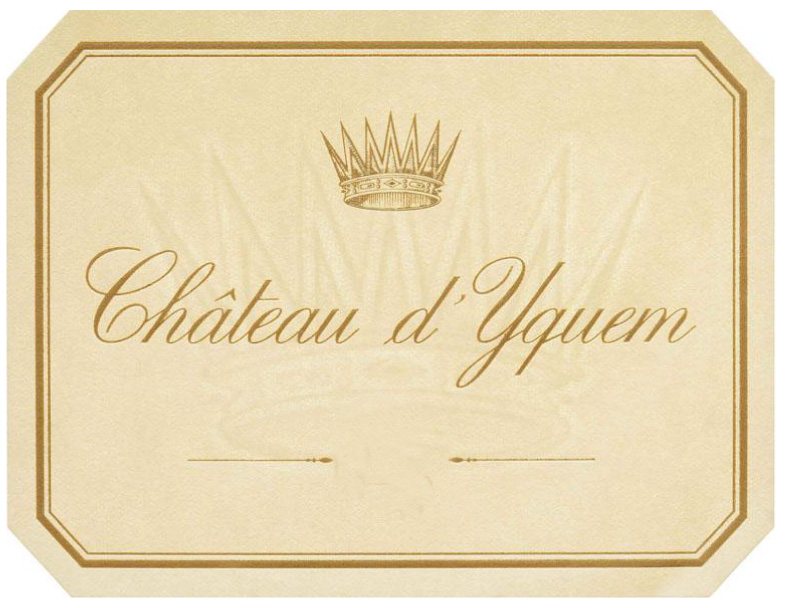Chateau d'Yquem
2007
Country
France
Region
Bordeaux
Appellation
Sauternes
UPC
015643 469176
Vintage
Due to poor weather during much of the growing season, this vintage should, by all rights, be best forgotten. And it is true that summer temperatures were cool, there were 100 mm of precipitation in August, ripening was very uneven, there were burst berries, etc. However, a miraculous and radical change in the weather propitious to botrytis turned what started out as a handicap to a decisive advantage. In fact, the variety and complexity of grapes brought in at different stages produced a fantastic wine.
